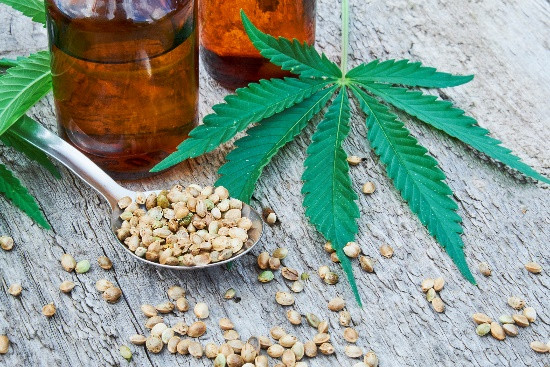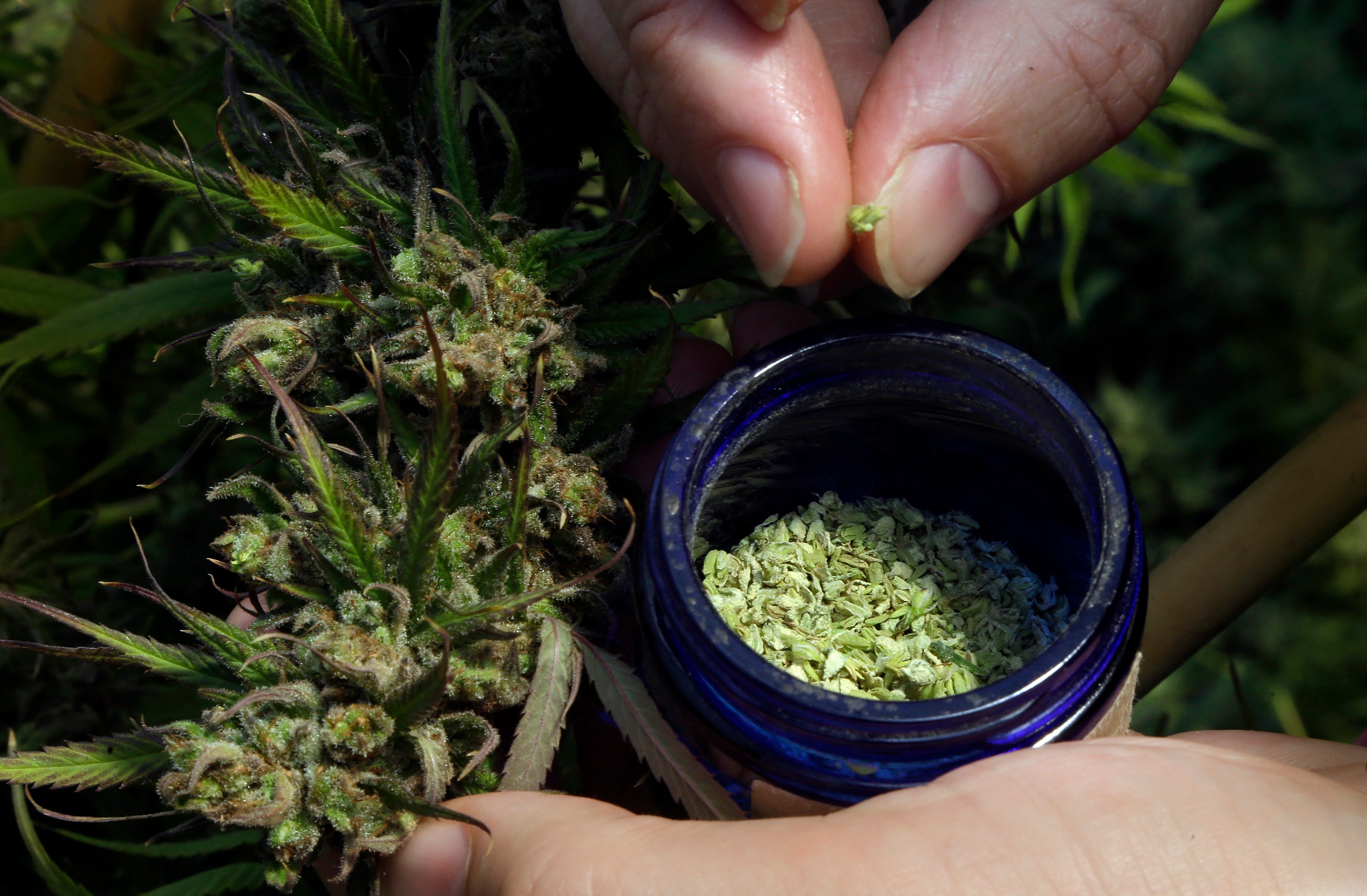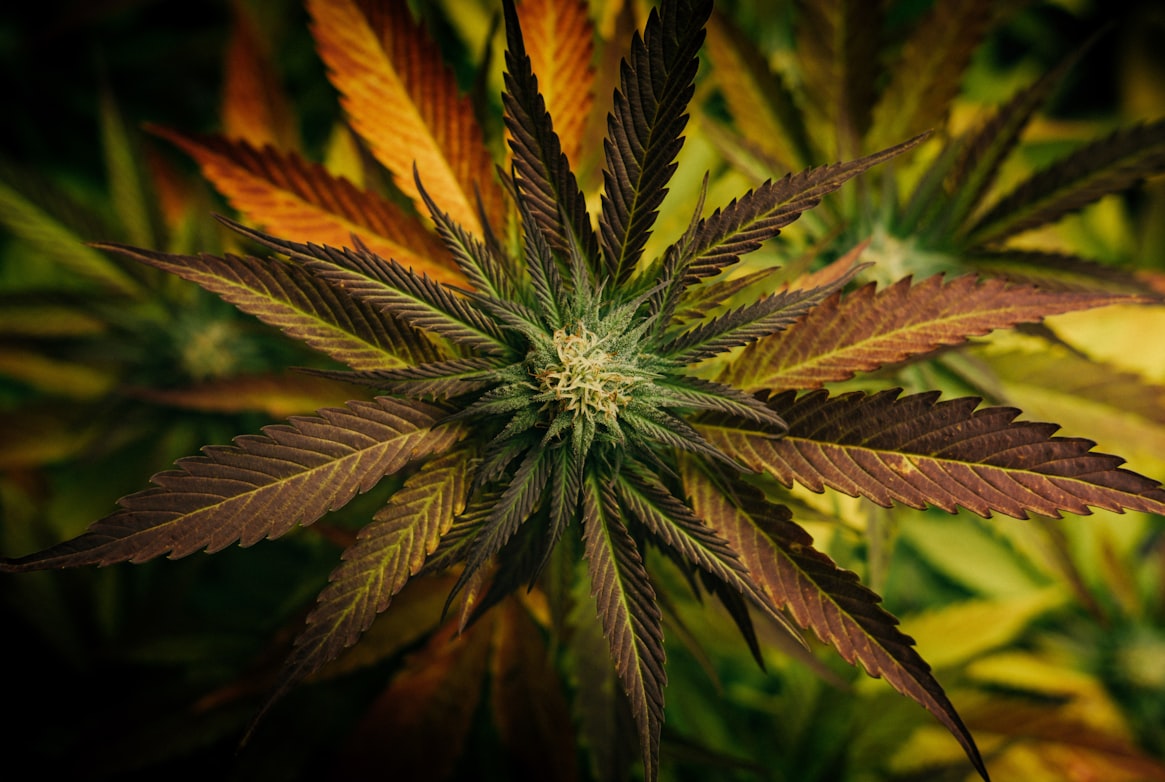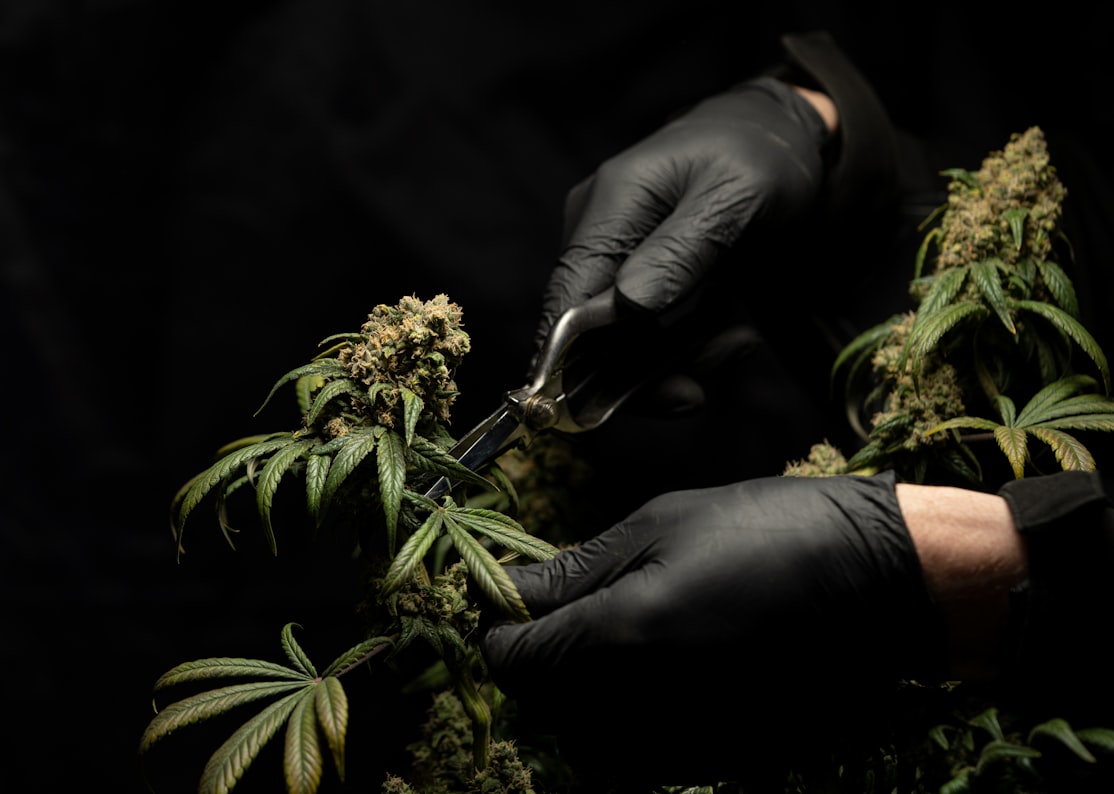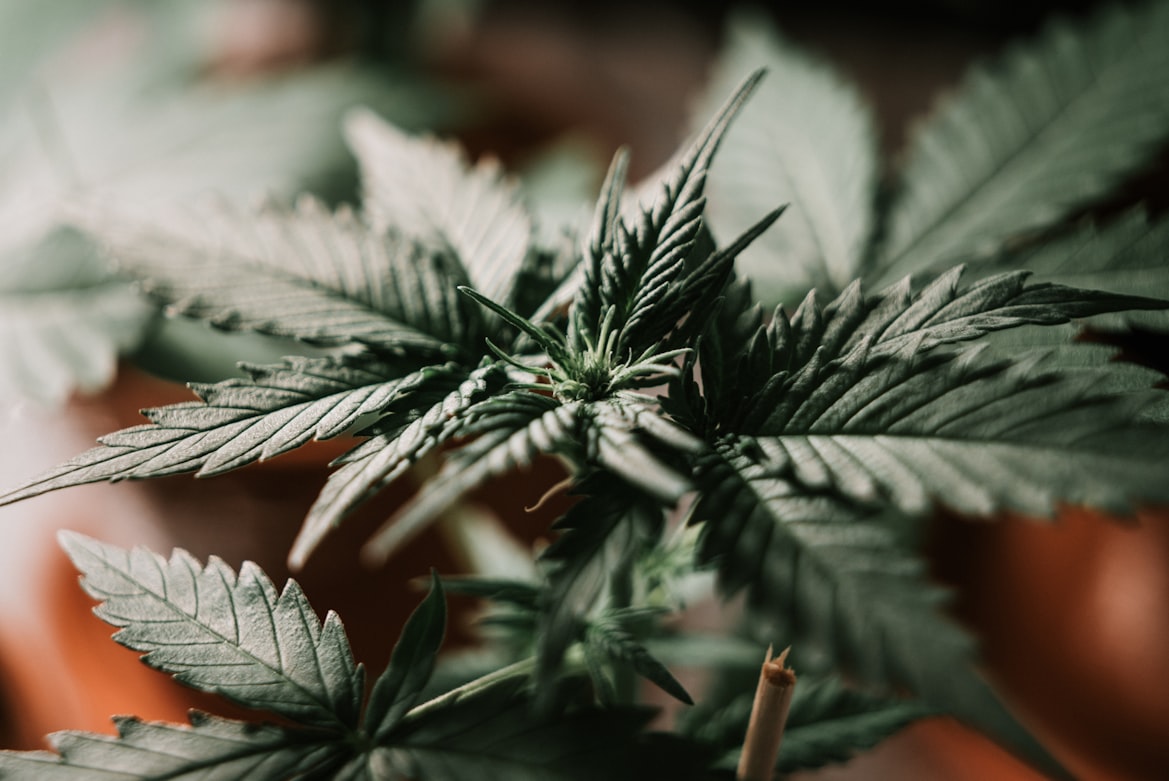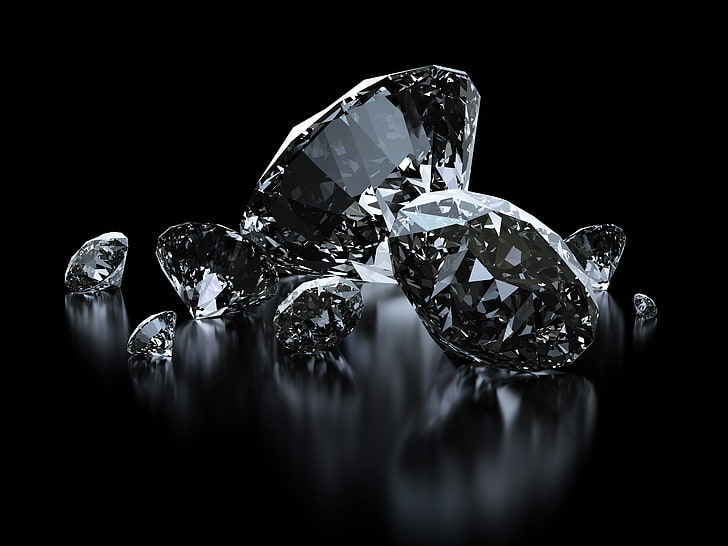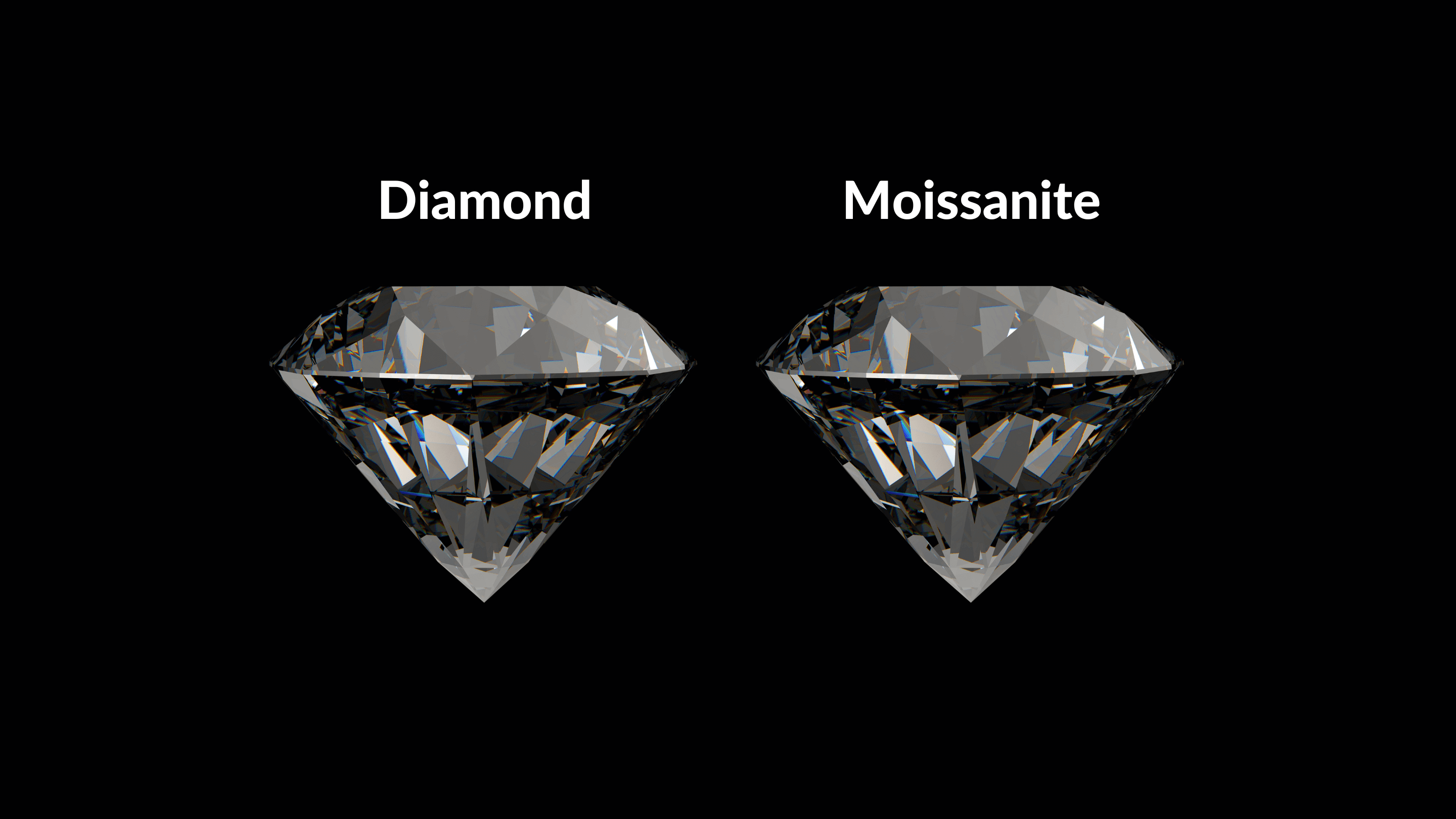What is CBD?
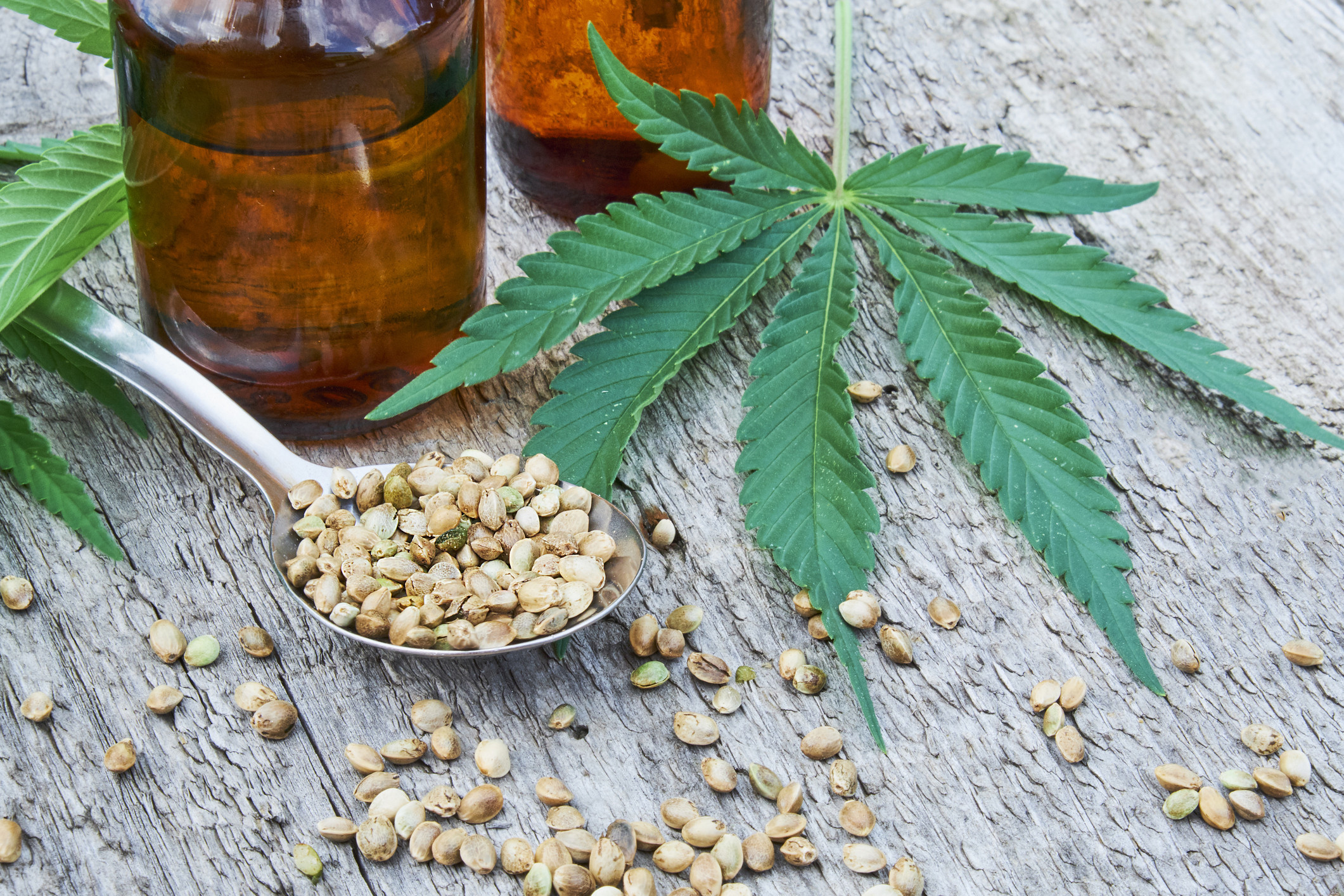
Cannabidiol, or CBD, is one of the more popular cannabinoids found in the cannabis plant, along with THC. Unlike the latter, CBD does not cause the euphoric effects or “high” associated with other cannabinoids.
Regulations around cannabis hindered cannabinoid research for a long time. As these laws ease, scientists have been able to discover more about these compounds.
CBD is becoming a popular alternative treatment for numerous conditions.
What is CBN?
Cannabinol, or CBN, is another cannabinoid in the cannabis plant. Though it is similar to CBD, its origin is different, as it is the product of oxidization. Manufacturers expose THC to heat and light, which breaks it down, leaving behind CBN.
Because of this, no strains of cannabis contain high levels of CBN themselves. Like delta 8 products, many people enjoy this compound because it tends to be mellower than THC.
CBD vs. CBN
There are about 150 cannabinoids in the cannabis plant, each with their own structure and effect.
CBD is the second most abundant compound in the plant. Additionally, manufacturers can breed some strains to contain higher amounts of CBD.
CBN is a result of processes within the plant. There is no way to produce a high-CBN strain of cannabis, and the amount depends on different factors, such as the levels of THC in the flowers and its exposure to elements such as light, heat, and time.
However, the two compounds share some similarities. They have some similar uses, as they both interact with the body’s endocannabinoid system.
Neither is likely to produce the high associated with cannabis use. However, these compounds may affect a cannabis high.

For example, people anecdotally claim high-CBD cannabis strains help prevent the negative effects of THC, such as anxiety or paranoia, like the cereal milk strain could cause.
Those who prefer high-CBN cannabis may do so because the compound promotes a more sedate feeling, which may help them sleep.
How they act in the body is different as well.
CBN borrows some of its properties from THC. For example, THC acts on the CB1 endocannabinoid receptors, which is what creates the high associated with cannabis.
CBN also binds to the CB1 receptor, but at a much lower strength than THC. This technically makes it a psychoactive compound, and some sensitive people may notice some effects if they take CBN.
However, CBD does not appear to attach to the CB receptors directly, and produces no effects of euphoria or other altered senses.

